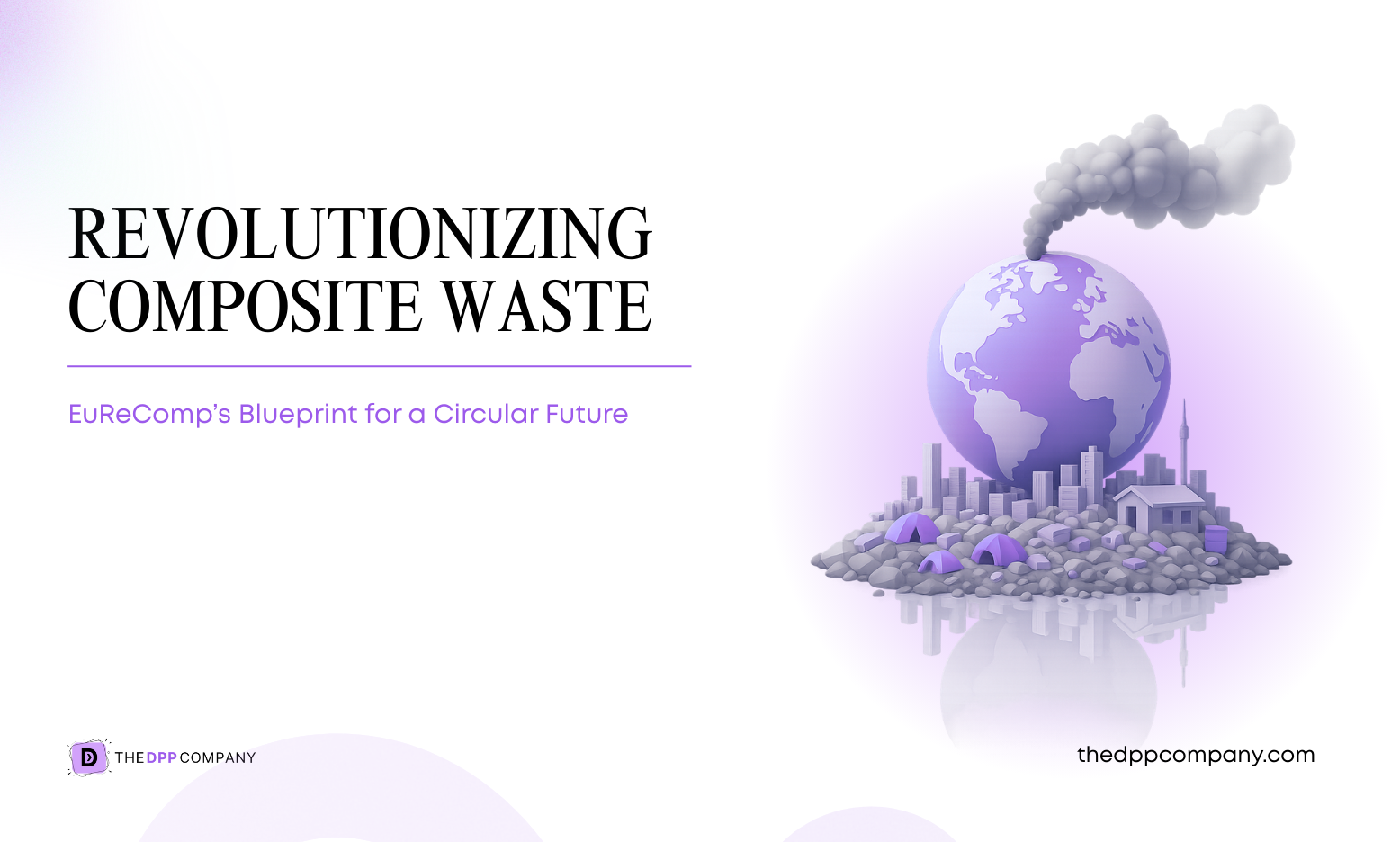The escalating challenge of composite waste, particularly from aerospace and wind energy sectors, demands a transformative approach to sustainability. Composite materials—lightweight, durable, and integral to aircraft and wind turbine blades—present a paradox: their strength drives innovation, yet their end-of-life (EoL) disposal burdens the environment.
Landfilling, which consumes 60% of fiber-reinforced composites, exacerbates greenhouse gas emissions, squanders valuable resources, and strains landfill capacity. The EuReComp project, a multi-stakeholder initiative launched in April 2022 and set to conclude in March 2026, offers a bold vision to address this crisis. By pioneering circular economy principles, EuReComp aims to redefine how industries manage composite waste, aligning with the European Union’s ambitious target to reduce landfill disposal to 10% by 2035.
The Stakes of Composite Waste
Composite materials, prized for their resilience, pose unique recycling challenges. Their complex structure resists traditional disposal methods, leading to environmental and economic consequences. Landfills, increasingly scarce and costly, struggle to accommodate the growing volume of composite waste.
This practice not only pollutes but also forfeits the potential to repurpose high-value materials like carbon fibers. The absence of robust recycling strategies undermines resource efficiency and perpetuates a linear economy. EuReComp confronts these issues head-on, advocating for a systemic shift toward circularity that promises to mitigate environmental harm and unlock economic opportunities.
EuReComp’s Ambitious Objectives
At its core, EuReComp seeks to establish sustainable recycling and reuse methodologies for composite materials, emphasizing the R6 strategy: reuse, repair, refurbish, remanufacture, repurpose, and recycle. The project’s objectives are both practical and visionary:
- Innovative Dismantling and Sorting: Developing advanced mechanisms to break down and categorize complex composites, enabling efficient processing.
- Enhanced Reusability: Designing solutions to extend the lifespan of products and components through upgrades and modular designs.
- Pilot Demonstrations: Testing recycling and reuse practices, including the use of secondary raw materials, to validate scalability.
- Environmental Accountability: Creating assessment tools to quantify the ecological benefits of circular practices and ensure alignment with EU circularity goals.
- Workforce Empowerment: Partnering with educational institutions to develop training programs that equip current and future professionals with circular economy expertise.
These goals are not merely incremental; they represent a paradigm shift. By integrating cutting-edge technology and collaborative innovation, EuReComp aspires to set a global standard for composite material management.
Pioneering Pilot Programs
EuReComp’s pilot programs exemplify its commitment to practical innovation. Key initiatives include:
- Continuous Fiber Reclamation: Scaling up processes to recover high-value fibers for industrial applications.
- Chemical Solvolysis Optimization: Refining solvent-based recycling techniques with monomer separation for closed-loop systems.
- Naval and Construction Demonstrations: Showcasing recycled fibers in infusion processes for robust applications like the ROCCA demonstrator.
- Closed-Loop Recycling: Utilizing recycled fibers in filament winding to create high-performance components.
- Automotive Integration: Combining sheet molding compounds (SMCs), additive manufacturing, and compression molding for automotive parts.
Led by the National University of Athens, the project unites a formidable coalition of partners. AIMEN drives automation in sorting EoL components, while INEGI provides mechanical and industrial engineering insights.
The University of Patras advances recycling methodologies, transforming EoL parts into new products for partners like Dallara and BT Composites in automotive applications, and APM in naval and construction sectors. The European Aeronautics Science Network (EASN) amplifies the project’s reach through strategic dissemination.
Envisioning the Impact
By March 2026, EuReComp is poised to deliver transformative outcomes:
- Innovative Products and Processes: Five new products and seven novel processes, services, or business models, bolstering EU industrial competitiveness.
- Improved Disassembly: A 15% increase in disassembly quality and a 25% boost in separated material volume.
- Environmental Gains: A 15% enhancement in circularity potential, reducing the ecological footprint across value chains.
- Closed-Loop Systems: Comprehensive life-cycle assessments (LCAs) enabled by robust data availability, ensuring optimal resource allocation.
These advancements will reverberate beyond the project’s timeline. By demonstrating scalable circular practices, EuReComp will inspire industries to adopt traceable, sustainable frameworks. The aerospace and green energy sectors, in particular, stand to benefit from automated waste management systems that save time, reduce costs, and maximize resource efficiency.
The Future of Circularity
The implications of EuReComp extend far beyond composite recycling. In a world grappling with resource scarcity and climate change, the project offers a blueprint for systemic change. Its emphasis on collaboration—across industries, academia, and technology providers—underscores the power of collective action. The integration of blockchain and advanced data systems signals a future where transparency and efficiency underpin industrial processes. As global demand for sustainable solutions grows, EuReComp’s innovations could catalyze a broader shift toward circular economies, influencing sectors from automotive to construction.
The stakes are high, but so is the potential. EuReComp is not merely a response to the composite waste crisis; it is a call to reimagine how humanity interacts with materials. By prioritizing circularity, the project paves the way for a resilient, resource-efficient future—one where waste becomes opportunity, and sustainability drives progress.



.webp)
.webp)

.webp)



